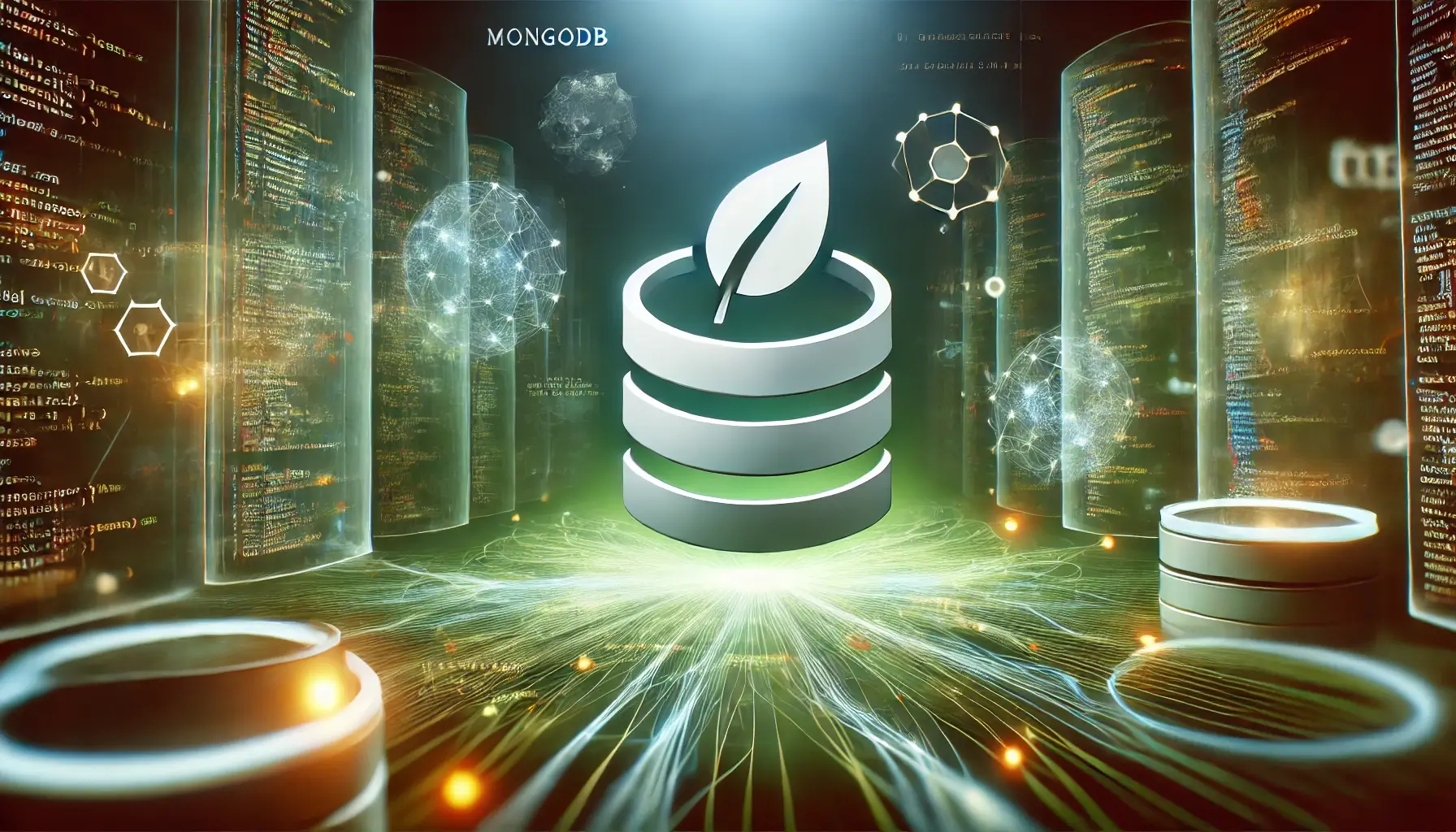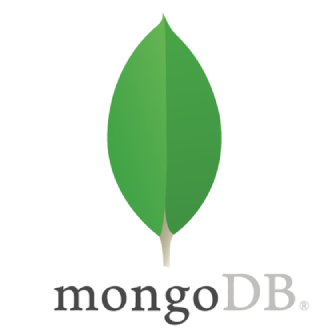
MongoDB is the world's leading database in the NoSQL category and among the top five in all categories.


MongoDB Course
Dive into the world of document-oriented databases with our hands-on MongoDB course. Learn to design, build, and maintain scalable and flexible database solutions for modern applications. From basic CRUD operations to advanced aggregation pipelines, this course covers everything you need to become proficient in MongoDB.
The MongoDB course is taught as part of the Full Stack course track, which also includes MySQL, HTML, CSS, JavaScript, and other topics important for a website developer, or WEB developer.
The course is designed to provide you with the knowledge and practical tools to use the system - how to install it, learn about its concept, its environment, JSON, create indices, and more.
MongoDB is a system for preserving Big Data. In short, MongoDB is a documentation of databases with scalability and flexibility according to user needs and indices defined by them. The system's notable features include the ability to handle large amounts of data (hence the name "humongous"). In other words, the system stores information in large quantities and allows for easy searching by setting indices, mapping the data, and through a system that's easy to use and learn.
These skills and techniques prepare you for roles such as MongoDB Developer, Database Administrator, Backend Developer, and Data Engineer. They provide a comprehensive foundation for designing, implementing, and managing MongoDB databases in various application scenarios, from small-scale applications to large, distributed systems.
Ch. 1
Introduction to MongoDB
Ch. 2
Installation
Ch. 3
MongoDB API
Ch. 4
Core Consepts
Ch. 5
Environment
Ch. 6
JSON
Ch. 7
Indexing
Ch. 8
Query Optimizer
Ch. 9
Scheme Design
Ch. 10
CRUD and MongoDB Shell
Ch. 11
MongoDB and NodeJS

Oleg Korzon
Head of Web Application Development
Senior Lecturer and Director of Web Development at Embedded Academy. With extensive expertise in HTML5, CSS, JavaScript, jQuery, Angular, React, Node.js, MongoDB, and other cutting-edge web technologies, our instructor brings a wealth of experience to the classroom. His diverse background encompasses:
MongoDB is the world's leading database in the NoSQL category and among the top five in all categories.
NoSQL is a relatively new database category that provides storage and access solutions for information not modeled in a relational tabular structure common in relational databases. The motivation for this approach to database development includes simplicity of characterization, horizontal scalability, and increased control over availability.
MongoDB is a document-based, non-relational database management system. It's also called an object-based system. It was designed to replace the MySQL structure as an easier way to work with data. On the other hand, MySQL is a table-based system (or open-source relational database).
